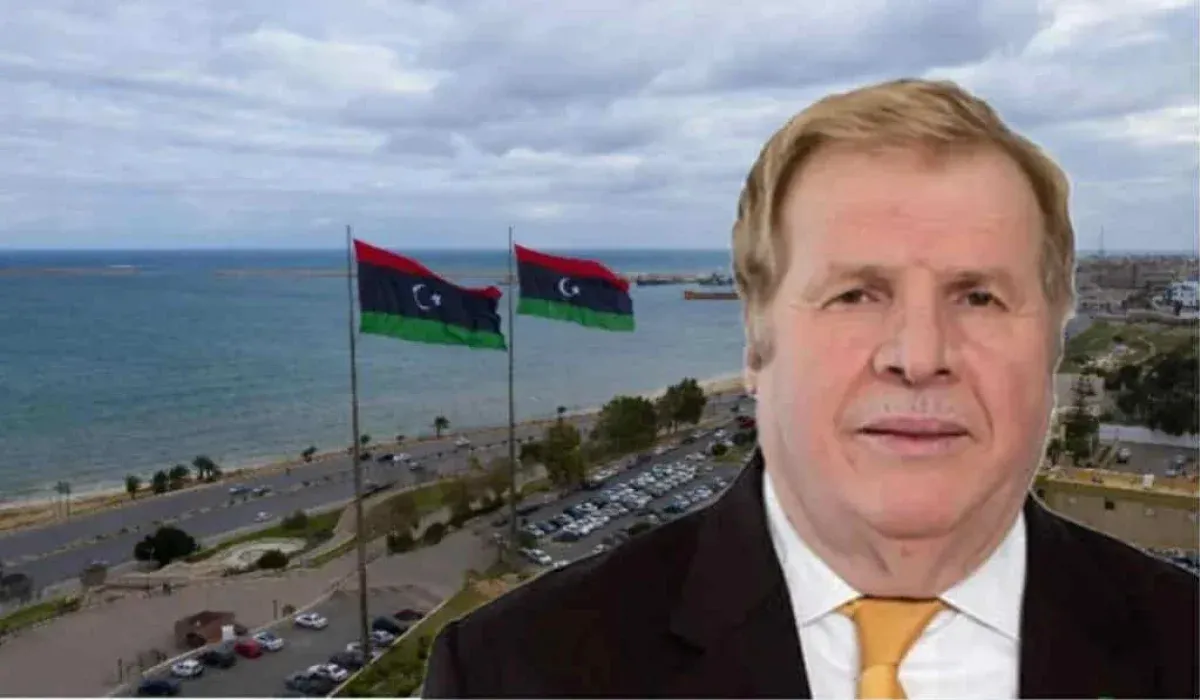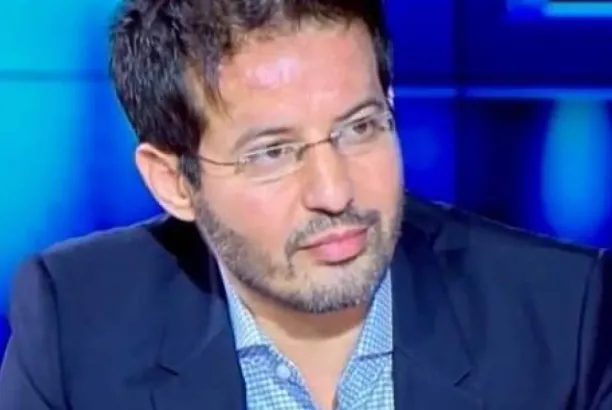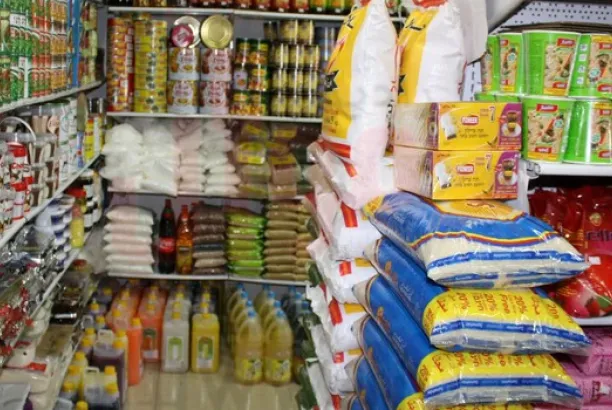
| Economic articles
Al-Zantouti Writes: “Dollar Accounts for Libyan (and Other) Depositors in Our Local Commercial Banks… Why Not!!”
Financial analyst Khaled Al-Zantouti wrote in an article:
I have asked several times why individuals and institutions are not allowed to open dollar accounts in Libyan banks, but I have not found a clear answer. My question here is: does the law permit it? And if it does, then why don’t our commercial banks provide such accounts? What I know is that dollar accounts exist for companies and institutions only at the Foreign Bank, and perhaps with little or no returns.
I would bet that many Libyans hold dollar accounts and accounts in other currencies in many countries around the world! I would also bet that they amount to tens of billions—perhaps more. I mean those accounts created abroad for reasons of work, study, trade, commissions, and so forth. These have effectively become clean, legitimate funds, even if some were once questionable—since they are held in banks in many foreign countries, that means they are considered legal money, even if not originally.
The point is not to investigate why they are abroad, but rather to ensure they are present inside the country, in accounts free of restrictions on movement and with rewarding returns. Repatriating and transferring these billions into national commercial banks would completely change our economic equation. The supply of dollars would be large, giving commercial banks the chance to re-lend them in various forms of credit facilities, including opening import letters of credit! In addition, this could positively affect the dinar’s exchange rate—why not? Especially when Libyans currently receive the lowest returns, and sometimes even negative returns (as happened in some European banks with the euro in recent years). So why not encourage Libyans to move their external accounts home, with banks granting them attractive returns—perhaps through Islamic sukuk, dollar-denominated certificates of deposit, or similar instruments—with returns higher than abroad? In turn, banks would use these funds in well-studied, guaranteed lending to national companies or even individuals, in line with the banking role of pooling small depositors’ savings.
This would also enable us to issue dollar-denominated bonds through the public treasury if dollar financing were needed—even without a credit rating for Libya. They would simply be local dollar bonds (or sukuk) backed by government guarantees!
We in Libya deserve to have our dollars in our own banks, not in Switzerland, Turkey, Tunisia, or even London. These countries open their banks to our citizens’ money yet deny us the right to keep our dollar funds in our own banks! And if some of this money was once illegal, the fact that it is accepted abroad makes it legal and clean!
So, if the law in our country allows it, we should start designing programs to attract these funds and encourage Libyans to transfer them into our local banks under familiar mechanisms of financial transfers, with the Central Bank smoothing all obstacles to make this possible. And if it is not legally permitted, then it must be legalized and allowed without any barriers, as soon as possible!
At the same time, I see no logical reason why Libyans with such accounts would refuse to move them home—keeping the same currency, free of movement restrictions, and with more rewarding returns than abroad. In the end, this is a national stance to strengthen the economy of our homeland.





